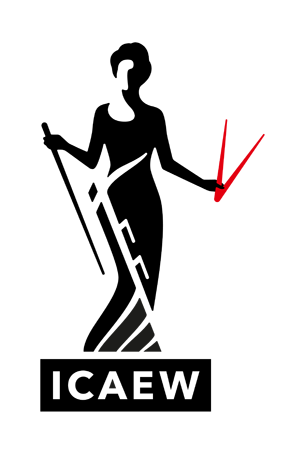Independent examination reports
Charities with gross income of more than £25,000 in their financial year are required to have their accounts independently examined or audited. Below that threshold, an external scrutiny of accounts is only needed if it is required by the charity’s governing document.
Bevan & Buckland can act as independent examiner or auditor. We have over 30 years’ experience in the charity and not for profit sector and have charity specialists within all of our offices. Our Swansea office is both our “Charity Centre for Excellence” and our “Charity Champion”.
We attend annual charity specific conferences in addition to regular courses to ensure we are aware of any issues affecting the sector.
We currently act for over 100 charities and not for profit organisations either as external auditors or independent examiners.
Independent examination or audit
There are statutory thresholds which determine the type of external scrutiny required for a charity’s accounts. However, any specific provision in the charity’s governing document overrides the statutory provisions if it demands a higher standard of scrutiny.
Broadly speaking, an independent examination is needed if gross income is between £25,000 and £1,000,000 and an audit is needed where the gross income exceeds £1,000,000. An audit will also be needed if total assets (before liabilities) exceed £3.26m, and the charity’s gross income is more than £250,000.
Independent examination reports
To maintain public confidence in the work of charities, charity law requires most charities to have an external scrutiny of their accounts. If a charity is not required by law or its governing document to have an audit then trustees may choose a simpler and less expensive form of external scrutiny called an independent examination.
An independent examination may be a simpler form of scrutiny but it still provides trustees, funders, beneficiaries, stakeholders and the public with an assurance that the accounts of the charity have been reviewed by an independent person.
An independent examination provides an external check on the accounts and can be carried out by any person with the relevant ability and experience. An examination is a less onerous form of scrutiny than an audit and provides less assurance in terms of the depth of work which is to be carried out.
An examiner is only required to confirm that no evidence has been found that suggests certain things have not been done by the charity. This form of ‘negative assurance’ is a more limited form of scrutiny. The examiner is not acting as an auditor and so is not required to plan their work to identify material fraud or to test the internal financial controls operating in the charity.
An examination involves a review of the accounting records kept by the charity and a comparison of the accounts presented with those records. It also involves a review of the accounts and the consideration of any unusual items or disclosures identified. It is important to note that verification and vouching procedures, where an item in the accounts is checked against an original document such as an invoice or a receipt, only become necessary where significant concerns are identified from the work of the examiner, or where satisfactory explanations cannot be obtained from the trustees.
The examiner is only required to provide a statement on specific matters that have come to their attention as a result of the examination procedures specified in the directions made by the commission. This is a simpler requirement than that of an audit.
Charity audit reports
In addition to the work undertaken by an independent examination, an auditor is required to build up a body of evidence to support a positive statement of opinion on the accounts. In particular, an auditor is required to form an opinion as to whether the accounts show a ‘true and fair view’. An audit involves a systematic examination and verification of a charity’s books and records, other relevant documents, and physical inspection of assets.
How we can help
Bevan & Buckland are proud to work with many of Wales’ leading not-for-profit organisations. We currently provide services to a range of not-for-profit clients such as charities, housing associations and other public sector bodies.
Over the past 20 years we have developed our specialist knowledge of this sector which has allowed us offer a high quality service at an affordable price. We are able to offer a range of services tailored to your needs and have helped a number of our clients grow and flourish. We now work with a wide range of clients from small community charities with turnovers of less that £10,000 up to national charities who work across Wales.
Charity and non profit
Bevan Buckland are proud to work with many of Wales’ leading charities and not for profit organisations.
Charity training courses
These are essential to help you meet your staff and trustee training requirements.
Trustees required
We are happy to promote Trustee vacancies here and also within our regular Charity Newsletter.
Forming a charity
We can help you through the process of picking the right type of charity for you.
Board training
We are able to offer a range of services tailored to your needs and have helped a number of our clients grow and flourish.
Advice on trading subsidiaries
Ensuring a training subsidiary is set up properly is critical.
Setting up a social enterprise
We act for many different social enterprises, from incorporated trust through to charities.















